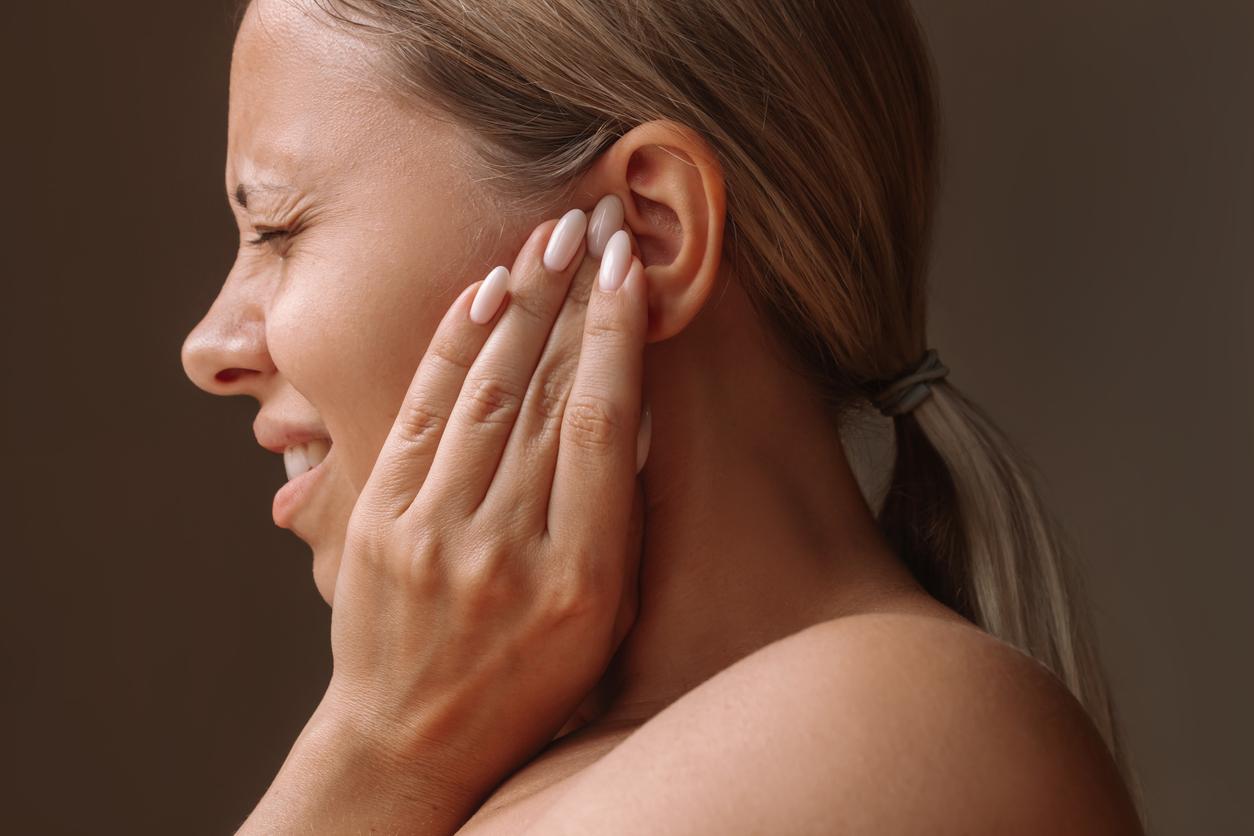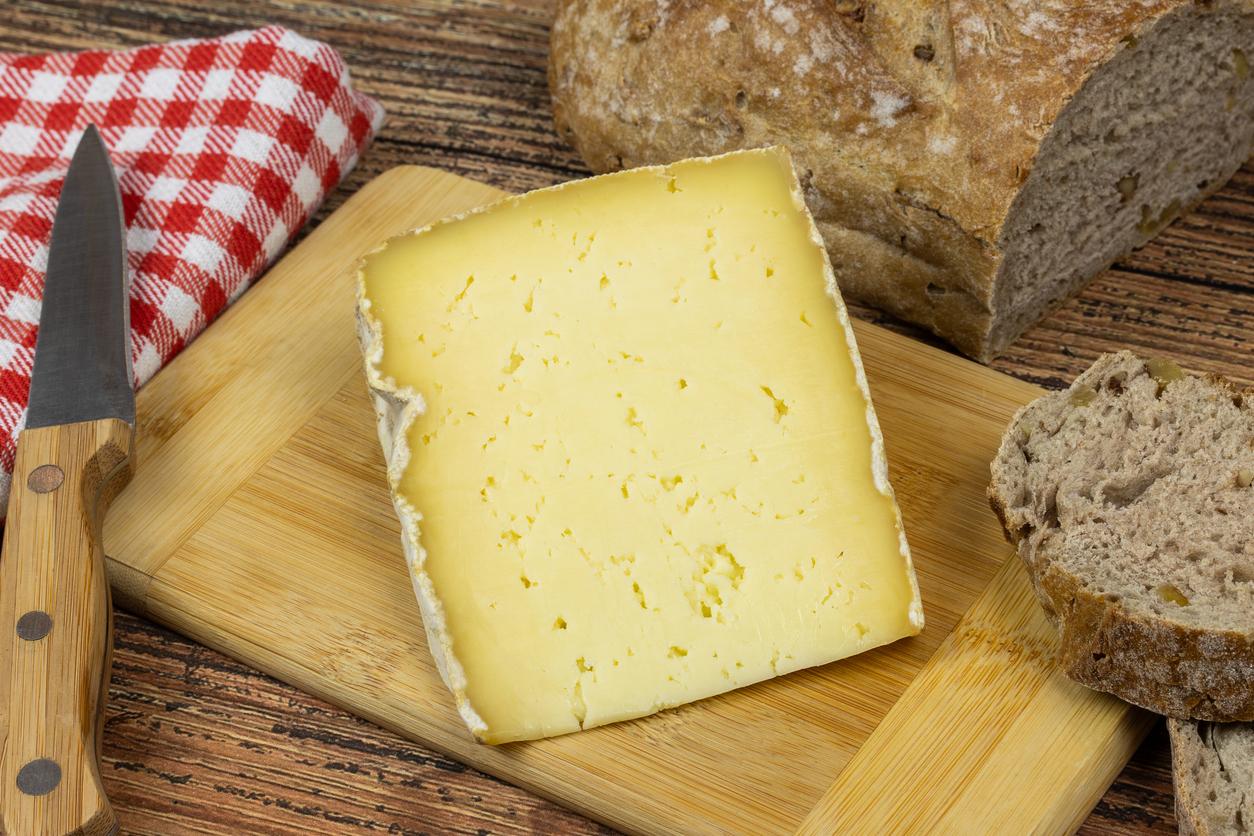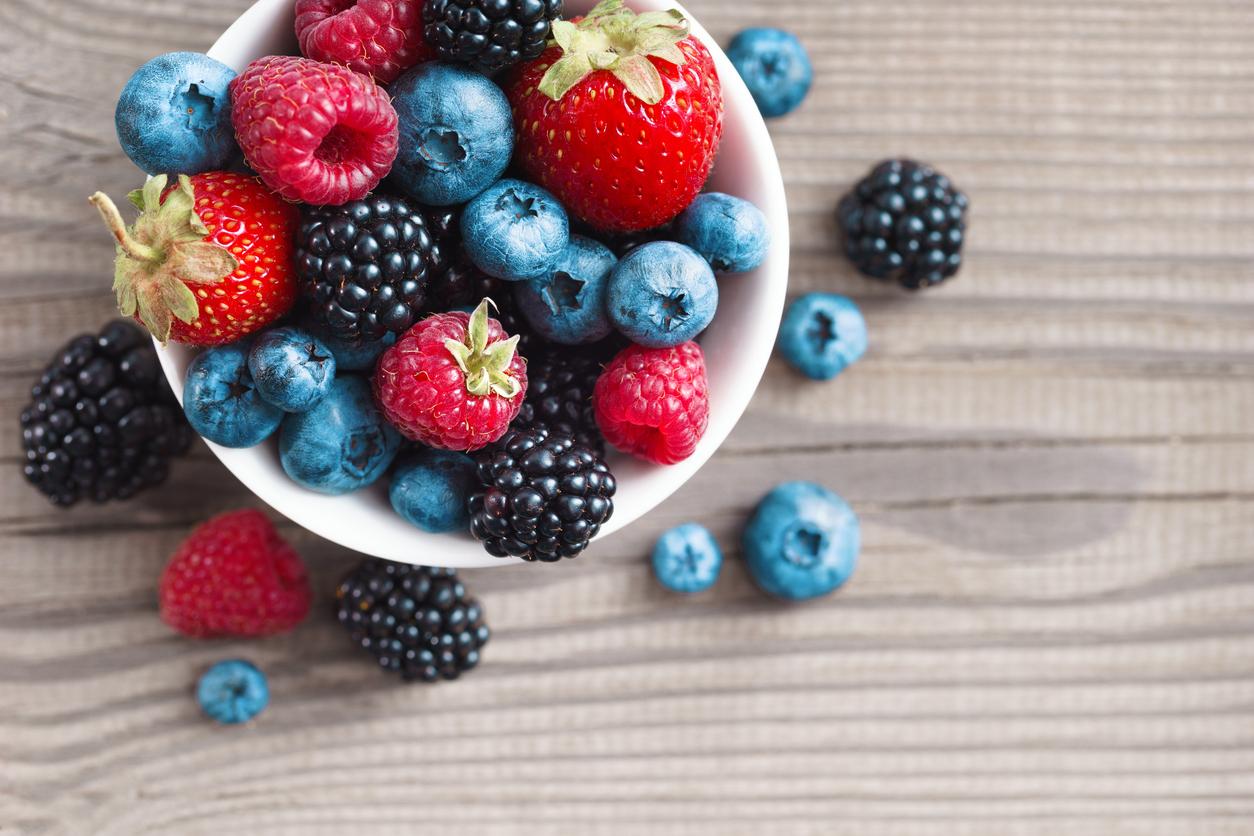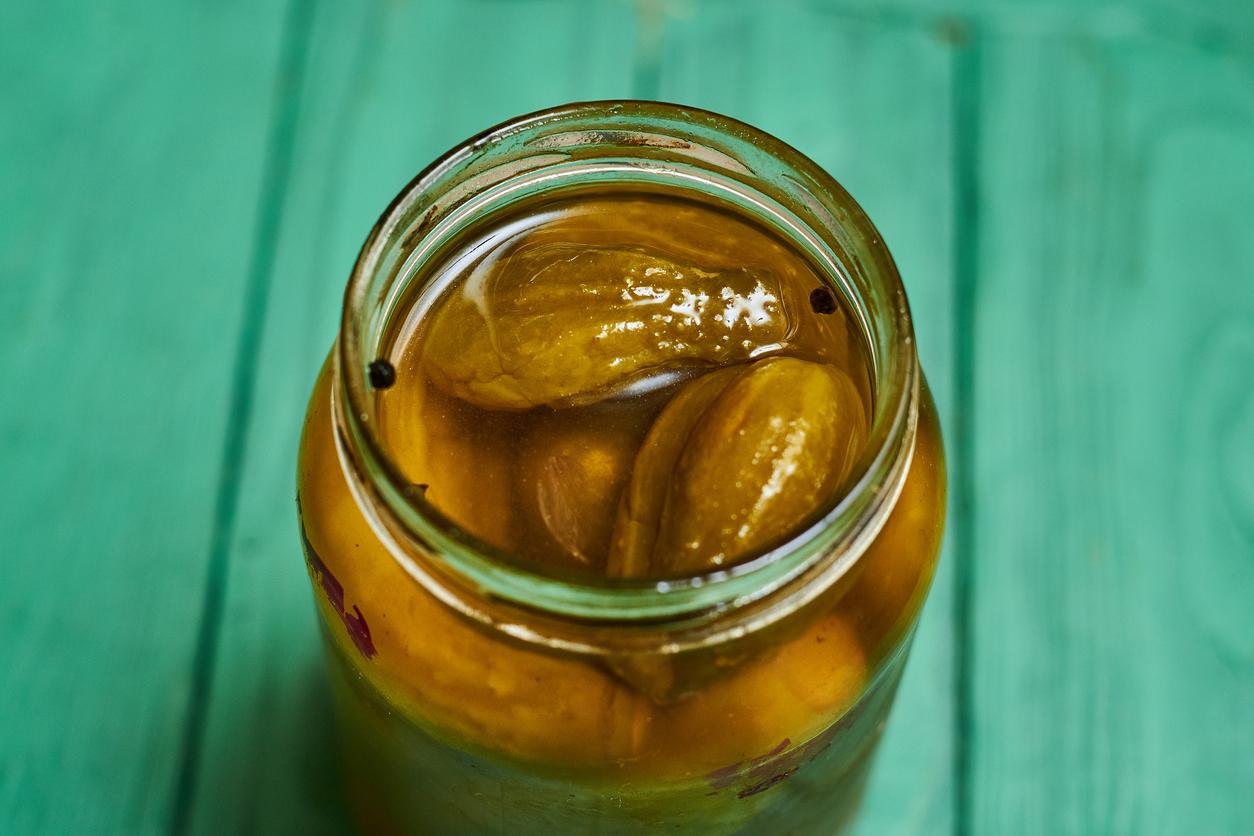Whistling, buzzing, crackling… Tinnitus affects around 10% of the adult population in France. To improve their condition, Gaëlle Girier, dietician at the Thermes de Saint-Gervais Mont Blanc, advises patients to monitor the contents of their plate.

– Why Doctor: What is the link between diet and tinnitus?
Gaëlle Girier: As a reminder, tinnitus is noise that we hear in one or both ears without it coming from the outside world. The sounds perceived, which impact the quality of life of patients, can resemble chirping, clicking, squeaking, buzzing or even whistling. These occur after an event, such as a concert, or appear because of bruxism, emotional shock or prolonged sound exposure in the workplace. They may be more intense in certain circumstances, such as episodes of stress or fatigue. These perceptions of sounds or these auditory sensations are, thus, linked to the neurological state. The more excited the brain is, the less sensitive the auditory cortex is and plays its filter function.
To avoid this, you should adopt a healthy lifestyle, that is, learn to manage your stress, get good quality sleep and also change your diet to relieve tinnitus. Because yes, certain foods can decrease or increase their frequency and intensity. But be careful, there is no anti-tinnitus diet. So, there are no foods to ban, it’s all a question of balance. If adults with tinnitus are too strict, they will become stressed. They already have enough suffering, they must not forget their little pleasures.
Tinnitus: “addictive foods promote negative emotions, stress and anxiety”
– In case of tinnitus, what foods should you avoid?
When you suffer from tinnitus, it is not recommended to ingest stimulants, such as tea, coffee or tobacco. Sweet products, namely alcohol, soda or dark chocolate, must also be removed from the list. These addictive foods promote negative emotions, stress, and anxiety, which increases the frequency and intensity of spontaneously generated noises in the auditory pathway.
We also avoid saturated animal fats, for example cheese, cold meats, cream, palm oil, because they increase cholesterol levels and deteriorate blood circulation. Another contraindicated food: salt. Its consumption leads to high blood pressure, which also has an impact on the blood microcirculation of the inner ear and causes ringing. Allergenic products, such as chocolate, milk, soy or citrus fruits, are also not recommended, because they cause headaches and whistling, squeaking or even crackling noises.
– Which food products should you focus on?
People with tinnitus should prioritize foods rich in antioxidants. In the list, we find berries and fruits (raspberries, strawberries, blackberries, apples, apricots), dried fruits (prunes, raisins), oilseeds (almonds, pecans ), vegetables (broccoli, artichokes, cabbage, peppers, spinach), fish (tuna, shrimp, salmon). These protect cells against oxidative stress.
Patients are also recommended to eat foods rich in magnesium, which regulates the nervous system. In cases of tinnitus, we also turn to products with a high vitamin A content. It is involved in the renewal of ear cells. Clearly, the ideal is to adopt a Cretan and Mediterranean diet.
“Keep a diary” to “detect the factors promoting and reducing tinnitus and act accordingly”
– In order to reduce the frequency and intensity of tinnitus, patients must adopt good eating habits. But how do they keep them?
During the specialized tinnitus treatment, which lasts 6 days at the Thermes de Saint-Gervais Mont Blanc, the idea is, initially, to go back to the basics of dietetics. With all that is said about diet, patients are lost. We must therefore explain to them what and how to eat in case of tinnitus so that they become aware of certain things. Then, we recommend that they set small dietary goals and consult a specialist near them to help them maintain good habits.
– What other advice could you give to people with tinnitus?
During the dietary workshop, spa guests are recommended to keep a diary for two weeks or a month, which allows them to detect the factors promoting and reducing tinnitus and to act accordingly. They are encouraged to note what they eat, their mood, when they get up and go to bed, meal times, and the presence, frequency and intensity of ringing. For example, if patients notice that tinnitus increases after ingesting stimulants and sugary foods, they should substitute their consumption, by taking a bath or going for a walk, to calm the urge, and avoid becoming stressed and frustrated. .


















